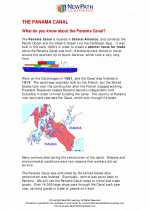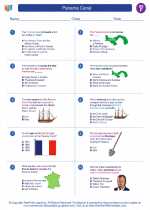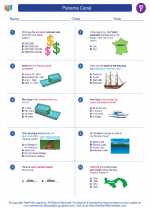Africa: A Diverse and Rich Continent
Africa is the second largest and second most populous continent on Earth. It is home to an incredibly diverse range of cultures, languages, and natural landscapes. The continent is made up of 54 recognized countries and is often referred to as the "cradle of humankind" due to its rich history and archaeological significance.
Geography
Africa is characterized by a wide range of geographical features, including deserts, savannas, rainforests, mountains, and coastal areas. The continent is also home to the Nile River, which is the longest river in the world, and the African Great Lakes, which are a series of interconnected lakes that are vital to the region's ecology and economy.
History
Africa has a complex and multifaceted history, with the continent being the birthplace of some of the earliest human civilizations. Over the centuries, Africa has been home to powerful empires such as the Mali Empire, the Kingdom of Aksum, and the Songhai Empire. The continent has also been deeply impacted by the transatlantic slave trade, colonialism, and the struggle for independence and self-determination.
Cultures and Languages
The cultural diversity of Africa is immense, with over 3,000 different ethnic groups and more than 2,000 languages spoken across the continent. African cultures are known for their rich traditions, music, art, and cuisine, and have made significant contributions to global culture and heritage.
Contemporary Issues
Modern-day Africa faces a range of challenges, including poverty, political instability, environmental degradation, and healthcare disparities. However, the continent is also experiencing rapid economic growth and development, with many African nations making strides in areas such as technology, education, and governance.
Study Guide
- What are some of the major geographical features of Africa?
- Describe the historical significance of Africa as the "cradle of humankind".
- How has the diversity of African cultures contributed to global heritage?
- What are some of the contemporary challenges and opportunities facing Africa?
[Africa] Related Worksheets and Study Guides:
.◂Social Studies Worksheets and Study Guides Sixth Grade. Panama Canal

 Worksheet/Answer key
Worksheet/Answer key
 Worksheet/Answer key
Worksheet/Answer key
 Worksheet/Answer key
Worksheet/Answer key
